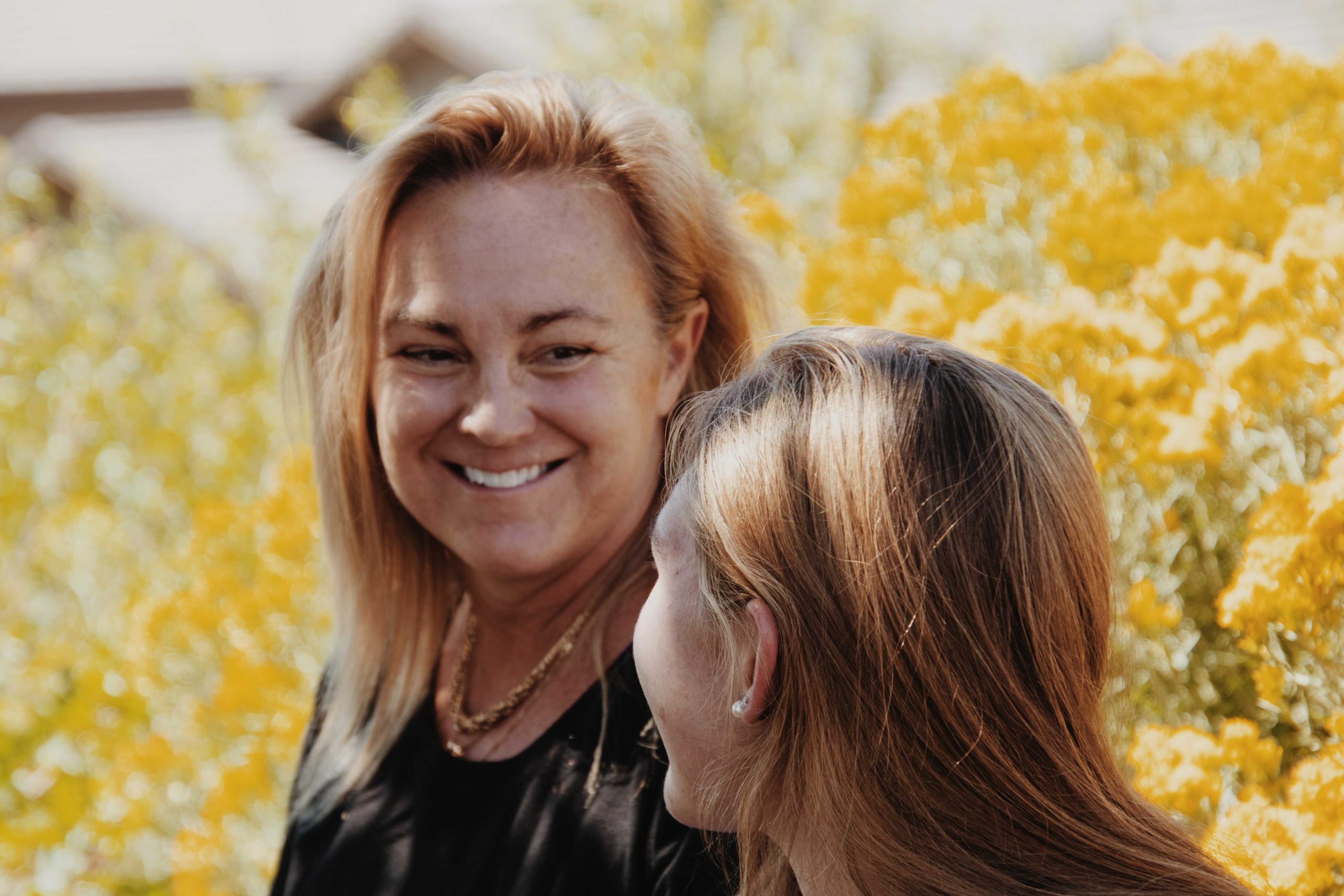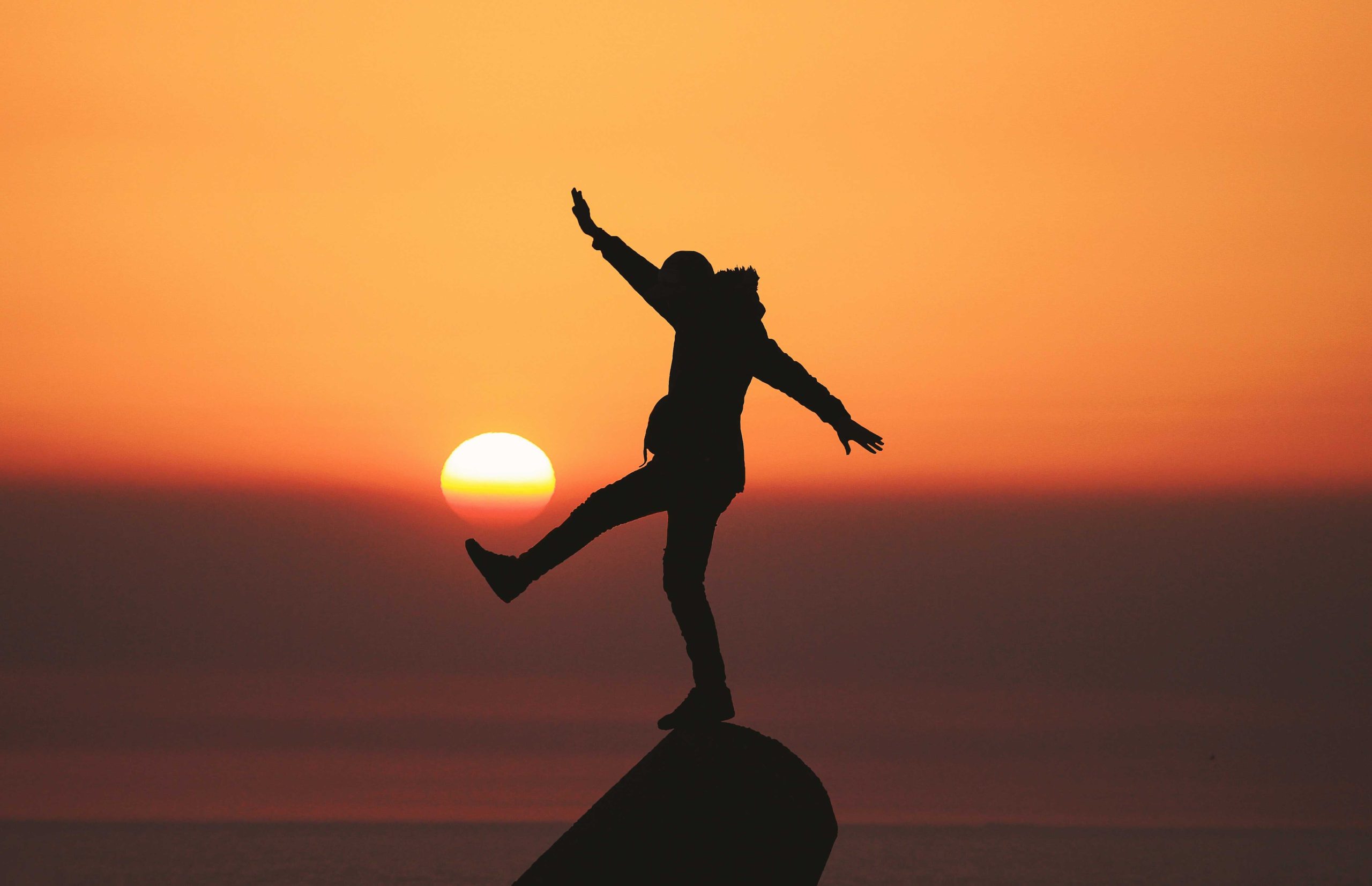 Meet Jessica, a 30-year-old woman who, despite her many accomplishments, has never felt comfortable in her own skin. Recently, she was tagged in a photo on social media that went viral. The photo showed her face in an unflattering angle and, as a result, she became the target of ridicule and cruel comments. Jessica’s self-esteem plummeted, and she began to despise her appearance. But, after seeking help and implementing some transformative strategies, she turned her life around. Today, we’ll be sharing these tips with you, as well as answering some pressing questions about self-image.
Meet Jessica, a 30-year-old woman who, despite her many accomplishments, has never felt comfortable in her own skin. Recently, she was tagged in a photo on social media that went viral. The photo showed her face in an unflattering angle and, as a result, she became the target of ridicule and cruel comments. Jessica’s self-esteem plummeted, and she began to despise her appearance. But, after seeking help and implementing some transformative strategies, she turned her life around. Today, we’ll be sharing these tips with you, as well as answering some pressing questions about self-image.
“I Hate How I Look in Pictures”
Tip 1: Dealing with Pictures
For those who hate how they look in pictures, try the following:
- Find your best angles: Experiment with different poses and lighting to discover which ones flatter you the most.
- Practice self-compassion: Remind yourself that everyone has unflattering photos, and that doesn’t define their worth.
- Limit social media exposure: Spending less time on image-centric platforms can reduce self-comparison and help foster a healthier self-image.
“I Hate How I Look in the Mirror”
Tip 2: Facing the Mirror
If you hate how you look in the mirror, consider these strategies:
- Focus on what you love: Instead of fixating on perceived flaws, take the time to appreciate the features you like about yourself.
- Challenge negative thoughts: When self-criticism arises, question its validity and replace it with positive affirmations.
- Make the mirror your ally: Use the mirror as a tool for self-care and grooming, rather than an instrument for self-judgment.
I Hate How I Look – Q&A:
Q: Why do I look the way I do?
A: Your appearance is the result of a complex interplay of genetics, environmental factors, and personal choices. While some aspects, like bone structure and facial features, are inherited from your parents, other factors, such as diet, exercise, and skincare routines, can also influence your appearance.
Q: How do I stop hating the way I look?
A: Stopping self-hate involves retraining your thought patterns and embracing self-compassion. Focus on cultivating gratitude for your body, practicing mindfulness, and surrounding yourself with positive influences. Additionally, working with a mental health professional can provide valuable guidance and support.
Q: What does it mean if you hate the way you look?
A: Hating your appearance may indicate a struggle with self-esteem or body image issues. This can stem from societal pressures, personal experiences, or mental health challenges. It’s essential to address these feelings and seek help if needed, as unresolved self-hatred can impact overall well-being.
Q: How do I accept my face?
A: Accepting your face involves shifting your mindset and adopting self-compassion. Practice gratitude for your unique features, and remind yourself that beauty is subjective and multifaceted. Engaging in activities that boost self-confidence, such as hobbies or exercise, can also foster a more positive self-image.
Q: What to do when you don’t like your face?
- Identify triggers: Recognize situations or influences that exacerbate negative self-image and take steps to minimize their impact.
- Seek professional help: A therapist or counselor can provide guidance in overcoming negative thought patterns and developing healthier self-perceptions.
- Cultivate inner beauty: Focus on building your character, kindness, and empathy, as these qualities often shine through and contribute to overall attractiveness.
In conclusion, if you’re struggling with self-image issues like Jessica, remember that it’s possible to overcome them. By implementing the tips provided, challenging negative thoughts, and seeking help when needed, you can cultivate a healthier relationship.
It’s important to recognize that you’re not alone in these struggles. Research shows that a significant number of people experience similar feelings. According to a 2017 survey conducted by the Dove Global Beauty and Confidence Report, 50% of women and 40% of men in the 14 countries surveyed reported feeling pressure to meet certain beauty standards. Additionally, a study published in the journal “Body Image” in 2016 found that 34.4% of men and 49.8% of women reported feeling dissatisfaction with their appearance.
These statistics highlight the prevalence of self-image issues in our society. However, by raising awareness, promoting self-acceptance, and sharing practical tips like those in this article, we can work together to build a more positive and inclusive understanding of beauty for everyone.






